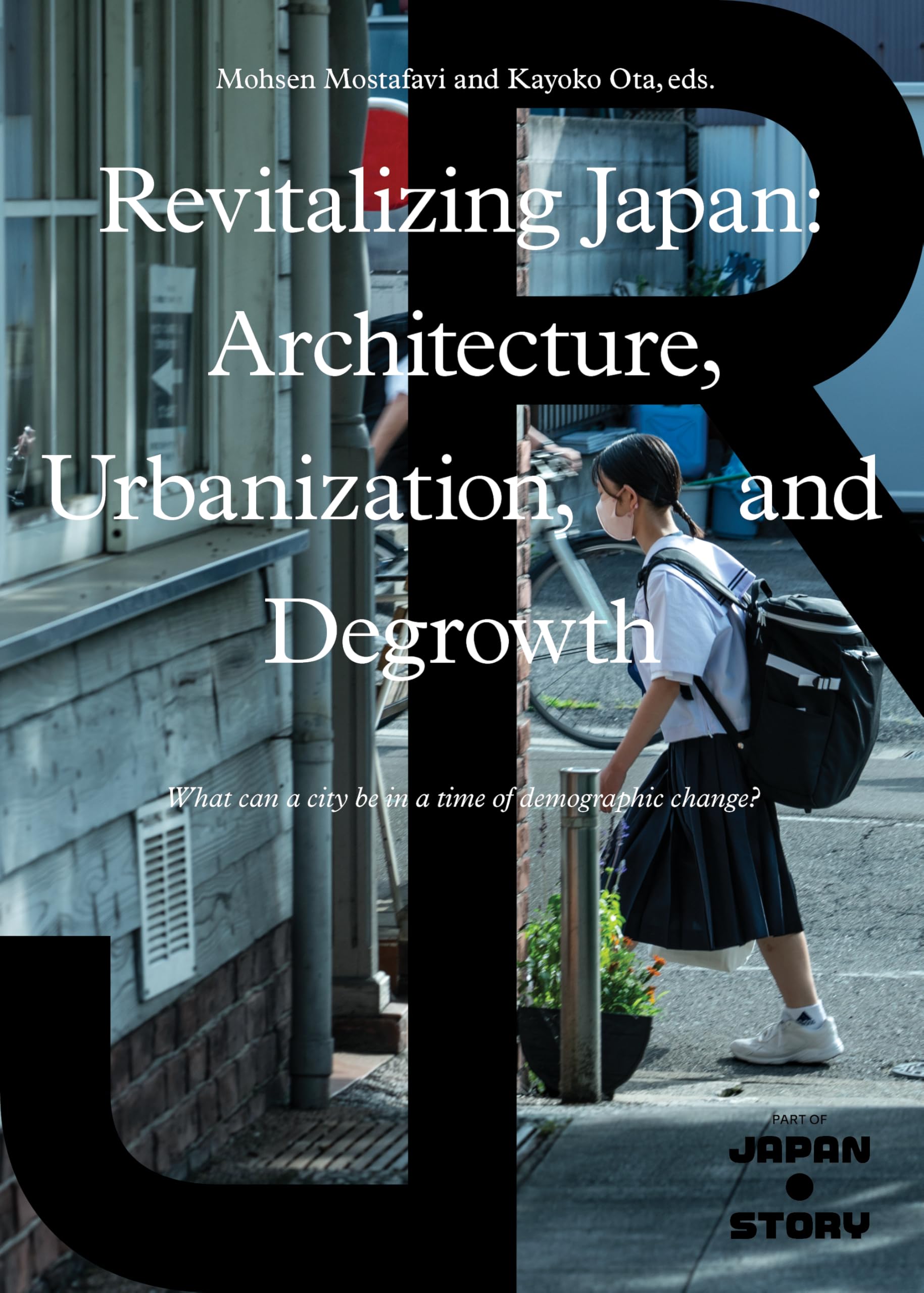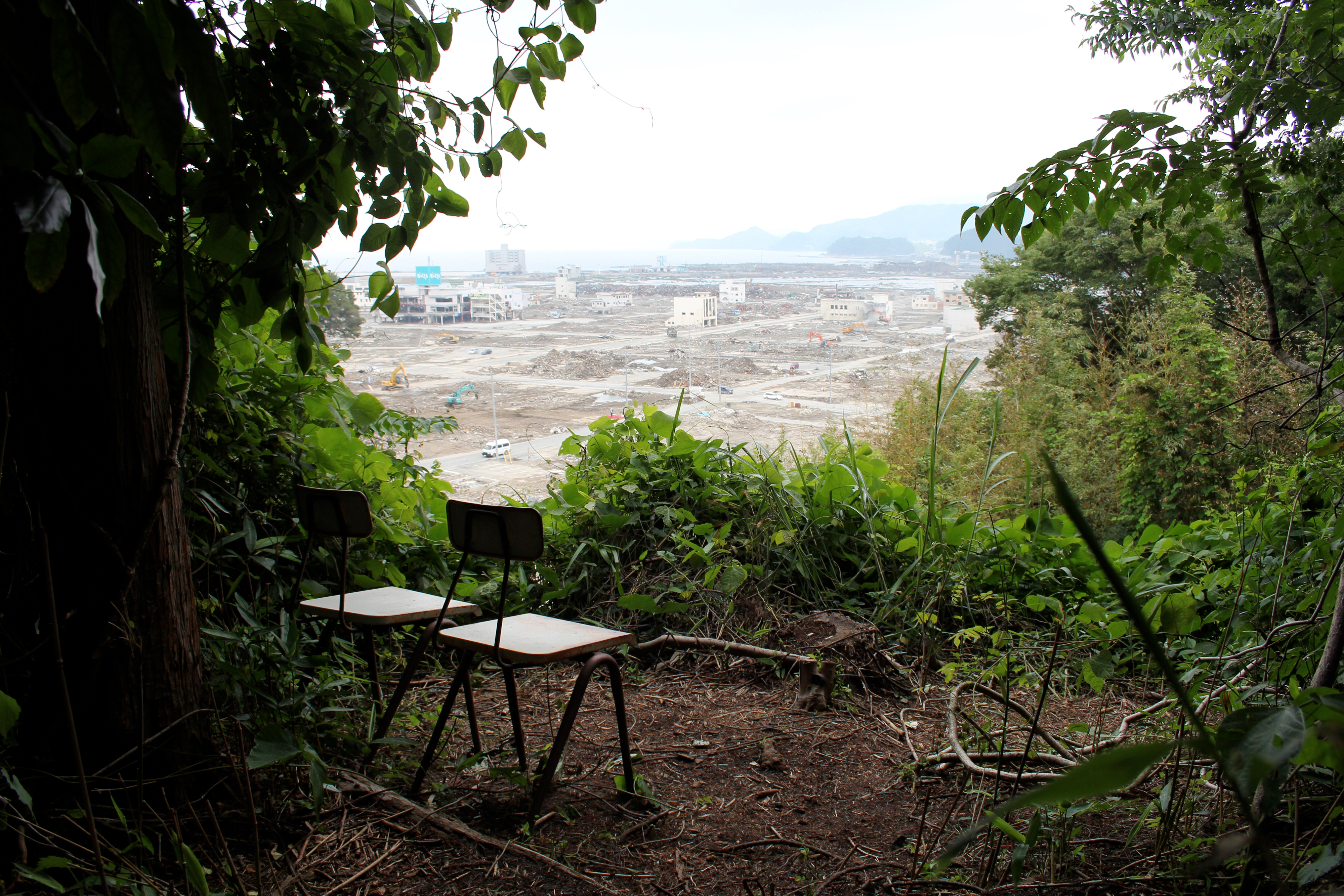
Moshi Moshi, Shimokitazawa
All relationships, not just our love affairs, prove awfully difficult once the brightest days are behind us.
We ask ourselves if we should pull out now, or stick around and see if things mature, or maybe wait until the other person bails. People tend to think that once they sign up for a loan and buy a house, there’s no escape.
But in reality, this isn’t so.
If we can shed our puzzling hang-ups and embrace the present, we’ll find an opportunity to start a brand-new life, no matter where, no matter when (to paraphrase a favorite song). There’s no need to keep on living like you’re hanging by a thread (to paraphrase some more!).
What stands between us and our freedom is a bottleneck of feelings, like an attachment to the good times, or an obsession with closure. These hang-ups are our freedom’s mortal enemy.
Once this much becomes clear, it’s best to sit back with a cup of tea and watch things grow and change. Let life come to you.
When I was in the honeymoon phase with Shimokitazawa,1 the local shops were barely scraping by. Having a kid made it hard for me to venture far afield, so I was always walking, all around the neighborhood.
My father was fond of saying this kind of thing, so I can’t exactly call it an original thought, but I do believe that smaller, independent businesses are the lifeblood of Japan. They used to be the basis of the economy, and of the city as we know it, keeping things interesting and nudging them toward progress.
The changing times put an end to this, but I think the blame falls squarely on the Koizumi era.
Over the years, under increased foreign pressure, smaller businesses and independent shops have gradually disappeared from Japan. The situation is so grave it defies imagination. It’s like waiting for a heart to stop. Luckily, human beings are as stubborn as weeds, and there are signs of life, however sparse, popping up around the countryside.
This is why the present moment is so full of curiosity about country life.
The country is the only place where possibilities remain.
Perhaps the capital itself will shift, and my beloved Tokyo will become a burnt-out crater. Will I live for long enough to witness something emerge from the ashes? I have to wonder.
It hit me at some point in the middle of the honeymoon.
I realized I was living in a dream, seeing the world the way you only see it when you have a kid. Once I woke up from the dream, the true face of the city would make itself apparent.
The illustrator Mai Ohno lived a minute away from me, just down the hill, and all I had to do was step out of the house to visit Hacchan, eccentric owner of the legendary One Love Books. I knew these days could never last forever. We were all still relatively young, and things were bound to change.
Trying to brush aside this bittersweet premonition, I sold things at the flea market, and did book signings, and drank at every single drinking spot in the neighborhood, with my kid in tow (since I couldn’t leave him alone, I had to carry him along if I wanted to grab a drink). Those days were like a dream. When I think of how much strength that little munchkin gave me, I’m amazed at human beings, truly. Kids generate a power that affects the minds of everyone around them.
Having a kid gave me the energy to enjoy the neighborhood to the fullest. The thought of this renews me to this day.
It happened in waves. First the butcher and the rice wholesaler closed. After that, the bars, cafes, and restaurants steadily dwindled. They even razed the old ramshackle area behind the station, where it still felt like postwar Japan. Long before corona, nefarious plans were underway. You started to hear people saying the survival of the neighborhood was in the balance.
Even Yamachan’s Karaoke Pub, a bar over by the station with insanely tasty yakisoba, shut its doors. The old-school oden shops closed down or otherwise relocated. Even that one spot that was open until daybreak, where the broth sometimes went sour around five. And another place that could have been a postcard from the 1930s, packed with people from the creative industries, where the mother and son behind the counter were always in a fight. They prided themselves on the mother making everything from scratch, but if you watched them closely, you would realize it was all an act, and see her dumping trayfuls of prepackaged cabbage rolls into the oden pot!
Over time, the neighborhood’s classic atmosphere disintegrated, and shiny new chain restaurants took their place.
When One Love Books was evicted, throngs of people showed up to help close down the shop. We all took turns, getting one last look before it disappeared. The owner, Hacchan, was nice enough to be my driver for a bit, in the middle of his move, and went with me to see Kyon Kyon and Arata Furuta perform at the Parco Theater. Visiting them backstage after the show, I announced, “Hacchan’s about to move away,” but Hacchan corrected me.
“I’m getting booted out of Tokyo.”
Kyon Kyon looked at him and just said, “All right, Hacchan.” I’ll never forget how kind she sounded when she said those words.
Holding back unbearable emotions, I tagged along with Hacchan for one last bowl of ramen. I’ll never forget the way it tasted. It was Hacchan’s last night as the veritable mayor of Shimokita.2
The new eateries inside the station and the hip multi-tenant space Bonus Track can’t hold a candle to the ragtag bunch of independent shops we’ve lost. But a change this profound is hard to resist. This is the neighborhood as the next generation has conceived of it. No use fixating on the bygone days. Times change, that’s all there is to it.
A few odd ducks have managed to pull through, backed by a loyal base of regulars.
There’s a certain kind of strangeness you can only find in the independent sector. When you discover a genuinely surprising space, there is always an individual mind to thank for its creation.
While they aren’t in business anymore, there used to be a karaoke bar in Shinjuku run by a set of twins, two older ladies with a ton of money, who chose to spend their time running this bar. They were known for dishing out huge portions of stewed or grilled appetizers as part of their cover charge, on top of the standard dry snacks. At some point a troubadour might waltz in. The twins could sing harmonies by The Peanuts with jukebox precision. If this were in a novel, even one by Ryu Murakami (and I can picture it!), people would call it unrealistic.
If you’re seeking truths stranger than fiction, or a little self-sufficient universe, you’ll find it in a privately run business.
Feeble as it may seem, Shimokitazawa still has some life in it yet. A famous yakitori spot with roots in Kichijoji, which moved into the station proper from the shady area behind it, has become extremely popular with tourists.3
They have a new location in my neighborhood, on Pure Road (in a building designed by Kengo Kuma), and when the first lockdown was over I stopped by to check it out. The place was being run by these two guys, one who clearly wasn’t Japanese and one who seemed like maybe he was. But after watching them a minute, I could tell the Japanese-looking guy was taking orders from the foreign-looking guy.
“Do you have any roast chicken left?”
“Sold out.”
“How about the cucumber?”
“It’s one big cucumber. Eating it together?”
Based on this simple exchange, I figured it out. The Japanese-looking guy wasn’t Japanese either.
“What country are you boys from?” I asked.
“We’re Nepalese,” he said.
How cool. While the main shop had moved into the station, this other one was being run by two guys from Nepal. How cool is that? I don’t know anything about wine, but it was only 800 yen per bottle during happy hour. It made sense that a shop like this had roots in Kichijoji, but what really struck me was the sense that Shimokitazawa wasn’t just a bed of embers—it was burning bright.
I’m remembering the Sunday, not long after our eighteen-year-old cat died, when my husband and I took advantage of our freedom and made a random day trip out to Kichijoji.
While there, we ate lunch at a spot known for its bean-based vegetable curry. A person from the ceramic shop next door kept coming out and saying, “If you’re here for curry, don’t line up in front of my shop.” When the owner saw me have my husband save our spot in line and come into their store, they gave me the stink eye. As we took a walk for old time’s sake around the beguiling knickknack shops, the stoic booksellers, and the clothing stores geared exclusively toward older customers, that familiar feeling snuck up on me: it was happening in Kichijoji, too, just a matter of time.
Hopefully, there’s some way of bypassing the drab and dreary future.
MOSHI MOSHI SHIMOKITAZAWA by Banana YOSHIMOTO
© 2020 by Banana Yoshimoto. All rights reserved.
Original Japanese edition published in Shincho monthly (December 2020), Shinchosha Publishing Co., Ltd., Japan. Non-exclusive English language translation rights arranged with Banana Yoshimoto through the Banana Yoshimoto Office.
-
1.
Located in a historic residential area not far from the city centers of Shinjuku and Shibuya, this neighborhood, favored by the younger crowd, is a hotbed of subculture, boasting little theaters, music venues, and quirky vintage clothing shops.
-
2.
Affectionate term for Shimokitazawa
-
3.
This lively neighborhood in western Tokyo is home to creative industry giants like Studio Ghibli as well as jazz and rock venues serving a younger clientele. Like Shimokitazawa, it is surrounded by colleges and full of students.
- Banana Yoshimoto is a novelist. Debuting with Kitchen in 1987 (English edition, 1993), she achieved worldwide popularity writing stories and novels such as Tsugumi (1992), Lizard (1995), Amrita (2001), and more recently Moshi Moshi: A Novel (2016). Her works have been translated and distributed in more than 30 countries. (year of English publication)




